The third lecture of the series of lectures on Asian maritime policy: the development trend of maritime security dilemma between China, Japan and the United States
Text source:Release date:2021.05.14Times of browsing:
On the morning of May 14, 2021, the third lecture of the "Asian Ocean Policy" series of lectures by the Japan Research Center of Shanghai Jiaotong University, "The Development Trend of China Japan America Maritime Security Dilemma", was successfully held in Conference Room 206, the fourth floor of the north of Xuhui Campus. Professor Hu Bo, director of the Marine Strategy Research Center of Peking University, served as the keynote speaker. Zheng Zhihua, an associate researcher of the Japan Research Center of Shanghai Jiao Tong University, hosted the lecture. Professor Zhai Xin, deputy director of the Japan Research Center of Shanghai Jiao Tong University, and Yu Zhirong, a researcher of the China Ocean Development Research Center were invited to the lecture as speakers. Zhang Wenshi, Director of the Marine Strategy Research Center of the National Institute of Strategic Studies of Shanghai Jiao Tong University, Li Jing, Researcher, Wang Kehong, Vice President of Sanya Law Society, Hainan Province, Zhang Qiyue, Assistant Researcher of Shanghai Institute of International Studies, Xia Haibin, Assistant Researcher of East China University of Political Science and Law, and other experts and scholars as well as graduate students attended the report.
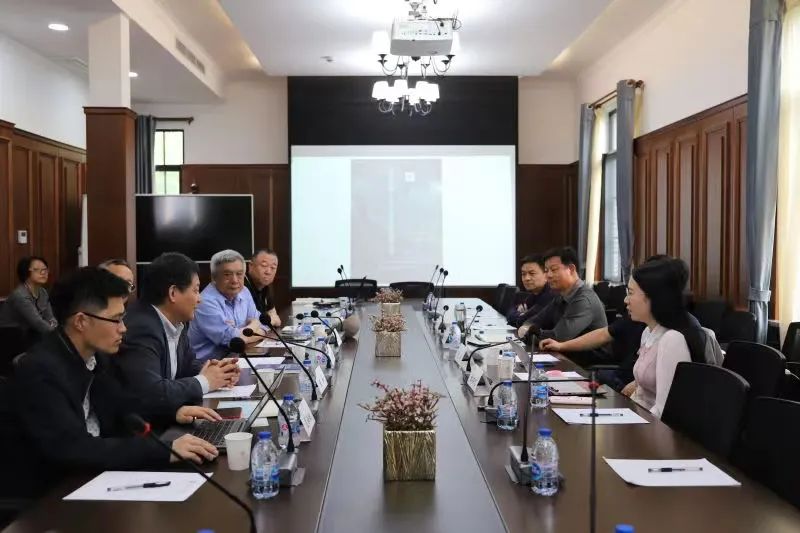
Meeting site
Zheng Zhihua first introduced Director Hu Bo, especially the well-known "South China Sea Strategic Situational Awareness Program" project he presided over at home and abroad, and expressed warm welcome to Director Hu and all the teachers and students present. Zheng Zhihua said that due to the Asian Maritime Transparency Initiative (AMTI) launched by the U.S. Center for Strategic and International Studies (CSIS), there is a huge asymmetry and imbalance in the information release of the Asian marine strategic situation, which provides an excuse for individual countries to hype up the "China threat theory". The "South China Sea Strategic Situation Awareness Program", chaired by Director Hu Bo, provides an important window for domestic and international understanding of the South China Sea strategic situation, provides important data and information for China and neighboring countries to objectively understand and correctly assess the security dilemma facing Asia, and also helps to reshape the international narrative and reverse China's weakness in international discourse.
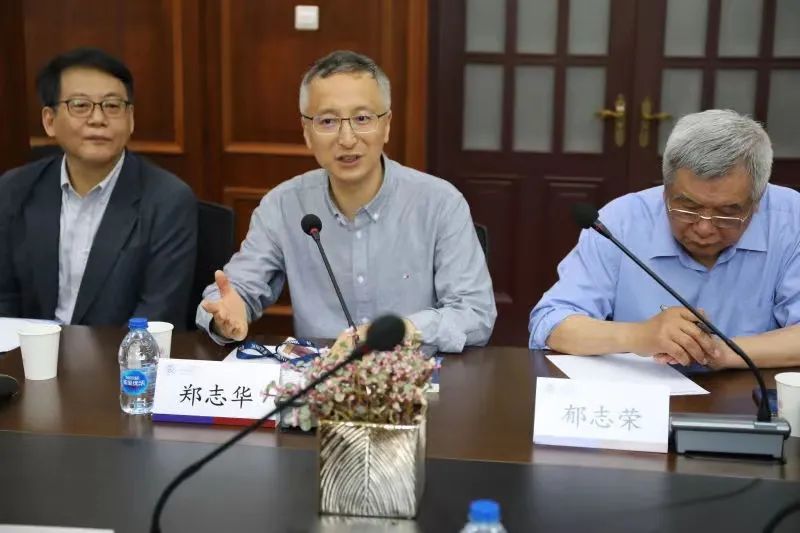
Zheng Zhihua, Associate Researcher of Japan Research Center of Shanghai Jiaotong University
Hu Bo systematically and comprehensively analyzed the maritime security dilemma, causes and development trends of China, Japan and the United States from three aspects: the strategic intentions of China, Japan and the United States, the main factors affecting the maritime security dilemma of China and the United States, and the future development trend of maritime security in Asia. Hu Bo pointed out that due to the huge differences in land and sea competition, the increasingly complex military system, the accelerated changes in military technology, and the imbalance in the strategic game between China and the United States, China Japan America maritime strategic competition will continue to intensify. The United States believes that China is weakening America's maritime dominance through military, law enforcement and diplomatic activities, or even replacing it; While China believes that the United States is increasing its maritime containment against China at the strategic, tactical and operational levels. The growing military presence and activities of the United States in the Western Pacific pose a serious threat to its sovereignty and security. China and the United States have obviously fallen into a "security dilemma", and actions taken by one side to enhance its own security will inevitably lead to strong reactions from the other side. In addition, Japan's role should not be underestimated. Although Japan's choice space is limited, it has a great impact on China US maritime competition. Director Hu Bo deeply dissected the strategic objectives, action strategies and methods of China, Japan and the United States. He finally pointed out that when the maritime security game entered the stage of strategic stalemate, the structural factors of maritime competition became increasingly prominent, and fierce struggle and game were inevitable. The change of the US government had little impact on this. Only by overcoming communication barriers can we effectively resolve the security dilemma.
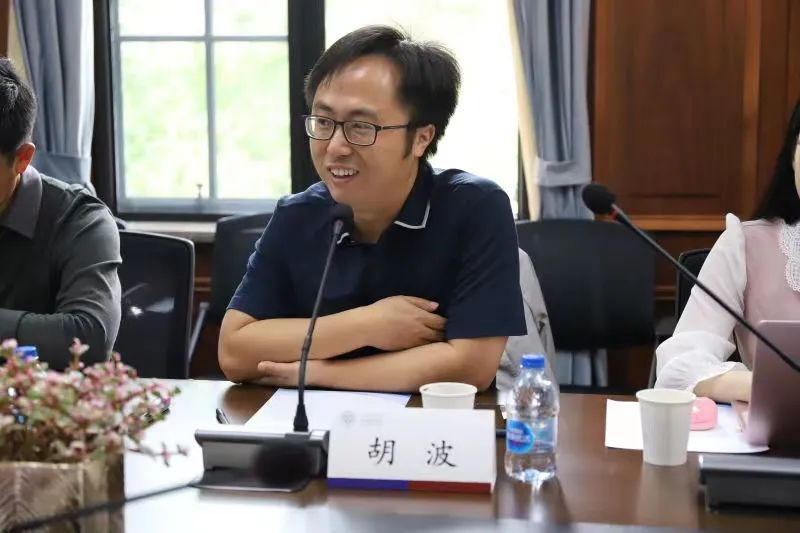
Hu Bo, Director of the Marine Strategy Research Center of Peking University, made a speech
In the review stage, Professor Zhai Xin believed that Japan and China and the United States have different ways of thinking on security issues. Japan is a relativistic way of thinking, while China and the United States are more an absolutist way of thinking. Now, the competition between China and the United States is manifested as a kind of penny pinching and strategic competition. In the gap between China and the United States, Japan should finally adopt a rational way to make a choice. The competition between China and the United States should be conducted in a way that surpasses the United States, avoiding simple imitation of the United States, and should return to Chinese tradition, especially winning in self tempering and self-restraint by means of "kingcraft".
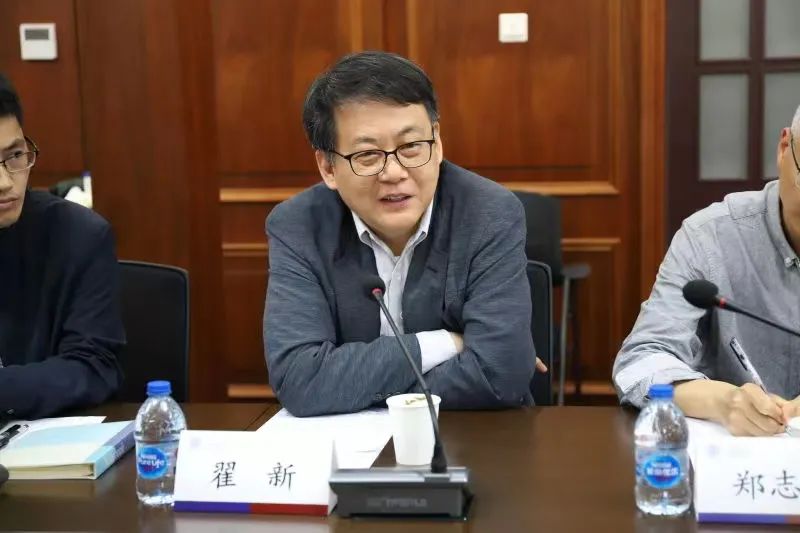
Comments by Zhai Xin, Deputy Director of Japan Research Center of Shanghai Jiaotong University
Researcher Yu Zhirong pointed out that Mr. Hu's research analyzed the relations between China, Japan and the United States from the perspective of China US relations, and many of his findings and conclusions were the same as his view of China Japan relations. The advantage of Mr. Hu is that he has a large amount of first-hand information and data, and his analysis and judgment are relatively objective. As a front-line person who has been engaged in maritime rights protection and law enforcement for a long time, he has deep resonance with this. He particularly analyzed the ups and downs of Sino Japanese relations after the normalization of diplomatic relations between China and Japan in 1972, as well as the impact on Sino US relations and US Japan relations, pointing out that it experienced a process from balance to imbalance.
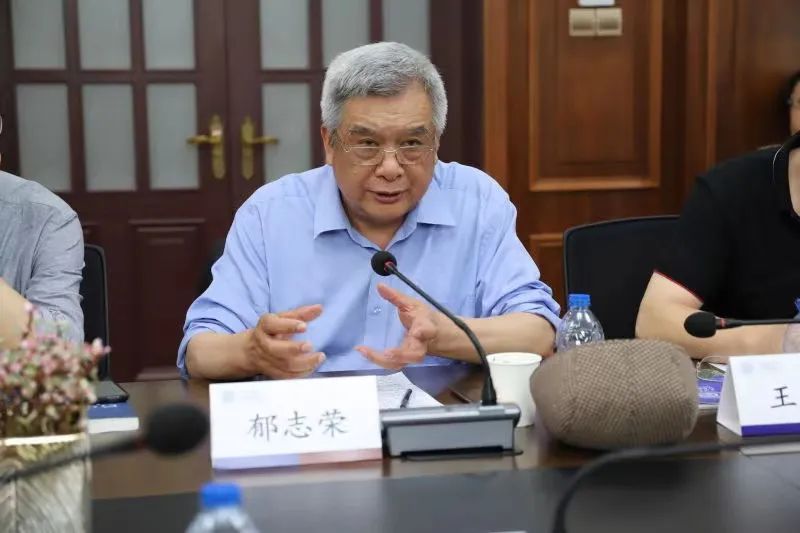
Comments by Yu Zhirong, Researcher of China Ocean Development Research Center
At the free speech stage, the experts at the meeting also had in-depth exchanges on whether the attack on the US military base in Japan would inevitably trigger Japan's "right of self-defence" and other issues. Finally, Zheng Zhihua expressed his heartfelt thanks to Director Hu Bo and the guests for their wonderful speeches and talks, and looked forward to your continued attention to the series of lectures on Asian Ocean Policy by the Japan Research Center of Jiaotong University in the future.




